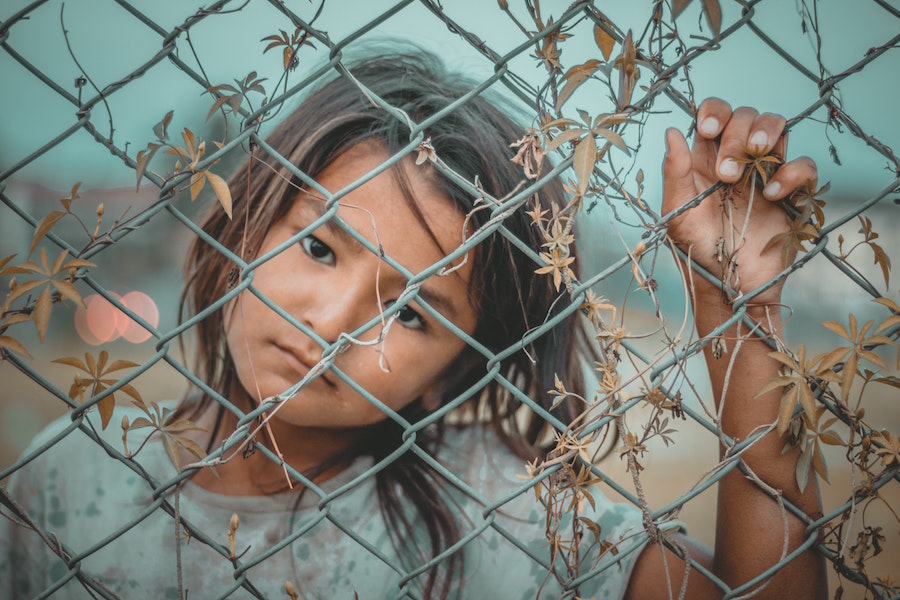Canada to Turn Back Asylum Seekers at the Border During COVID-19 Crisis
As of midnight March 24th, Canada has completely closed its border to refugees. The government had previously said it would keep unofficial border points open to refugees and keep them in isolation for a two-week period, but on March 24th, that decision was reversed.
In an agreement with the United States, both countries agreed to turn back asylum seekers who try to cross their borders. The only people who will be able to proceed into Canada and make refugee claims are U.S. citizens, stateless habitual residents of the U.S., foreign national parents or guardians of minor U.S. citizens who are accompanying them in making their claims, or unaccompanied foreign nation minors.
Why Do Refugees Cross at Unofficial Border Points?
Refugees coming from the United States cross the border at unofficial border crossings to be able to make a refugee claim in Canada. The most popular of these points is at Roxham Road connecting Quebec to New York State. In 2004, Canada signed a Safe Third Country Agreement with the United States. This agreement requires refugee claimants to make their claims in the first “safe” country they arrive in and deems the United States a safe country. An exception to this agreement allows refugees to make claims in other countries if they enter at unofficial border crossings.
Does This Move Contravene Canadian or International Law?
Under the Quarantine Act, the government can make an order prohibiting entry into Canada of anyone, if is of the opinion that there is an outbreak of a communicable disease in that country and the introduction of the disease to Canada would pose a “severe risk to public health,” or the entry may contribute or introduce the spread of the disease and there are no reasonable alternatives to avoid it. Closing the border to risk the spread of COVID-19 would most likely meet those criteria. The order must be for a specified period and can be renewed if necessary.
Canada is a signatory of the 1951 Convention relating to the Status of Refugees. This agreement requires Canada to not send back refugees to where they may face persecution. This obligation is enshrined federally Immigration and Refugee Protection Act. In sending refugees back to the United States, it may mean they will be deported, and this obligation will not be met.
According to a statement from Canada’s Public Safety Minister’s office the changes show that the “Quarantine Act provisions take precedent over IRPA and the STCA”.
What Are the Effects of this Move?
Closing the Canada-U.S. border to refugees puts them directly at risk. Refugees will have a strong probability of being put in detention in the United States and possibly deported to areas where they will be at risk.
There are also risks of refugees trying and finding alternative routes to enter Canada. Canada and the United States share the longest border in the world. It is impossible to fully monitor this border, and the closure of other entry points will likely lead asylum seekers to enter at other points.
This means that they will be unmonitored and could lead to further spread of COVID-19. It is likely that due to their lack of status they would also have trouble getting treatment if they fall ill with the disease and would increase its spread. Craig Damian Smith, “an expert in the forced migration of refugees” argues that strong border controls aimed at stopping the entry of refugees often lead to an increase in smuggling and human trafficking across borders.
The most dangerous of these effects are that the government’s move may not be rescinded after the COVID-19 situation is under control and the closure of these unofficial crossings may become permanent.
Sources
https://globalnews.ca/news/6710312/coronavirus-border-closure-international-law/
https://www.google.ca/amp/s/www.cbc.ca/amp/1.5505540
https://www.nytimes.com/2020/03/20/world/canada/trudeau-asylum-seekers-coronavirus.html
https://ccrweb.ca/en/information-refugees
https://laws-lois.justice.gc.ca/eng/acts/q-1.1/page-6.html#h-419611
Share this article
Arghavan Gerami
Arghavan Gerami is the Founder and Senior Counsel at Gerami Law Professional Corporation ('PC'), a full-service immigration law firm in Ottawa, Ontario. Since 2011, Ms. Gerami has focused her practice on immigration and refugee litigation. Prior to that, Ms. Gerami worked at the Ministry of Attorney General and the Department of Justice and had the privilege of serving the Honourable Mr. Justice M. Evans at the Federal Court of Appeal on immigration and administrative law appeals. Ms. Gerami contributes to the Immigration Law Section of the Canadian Bar Association, the Canadian Association of Refugee Lawyers, and the United Nations High Commissioner for Refugees. Ms. Gerami has also published numerous journal articles and presented at various immigration and refugee law conferences and events across Canada.

